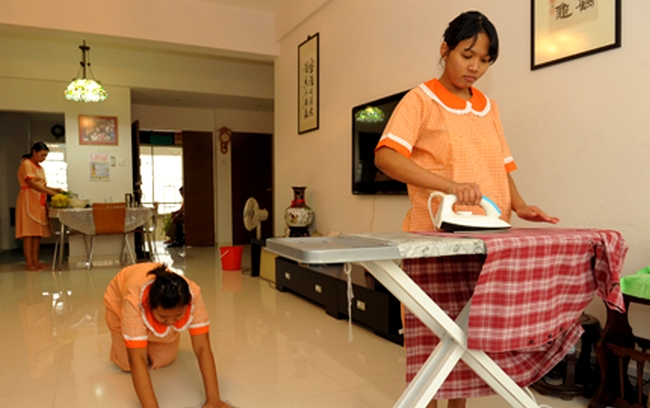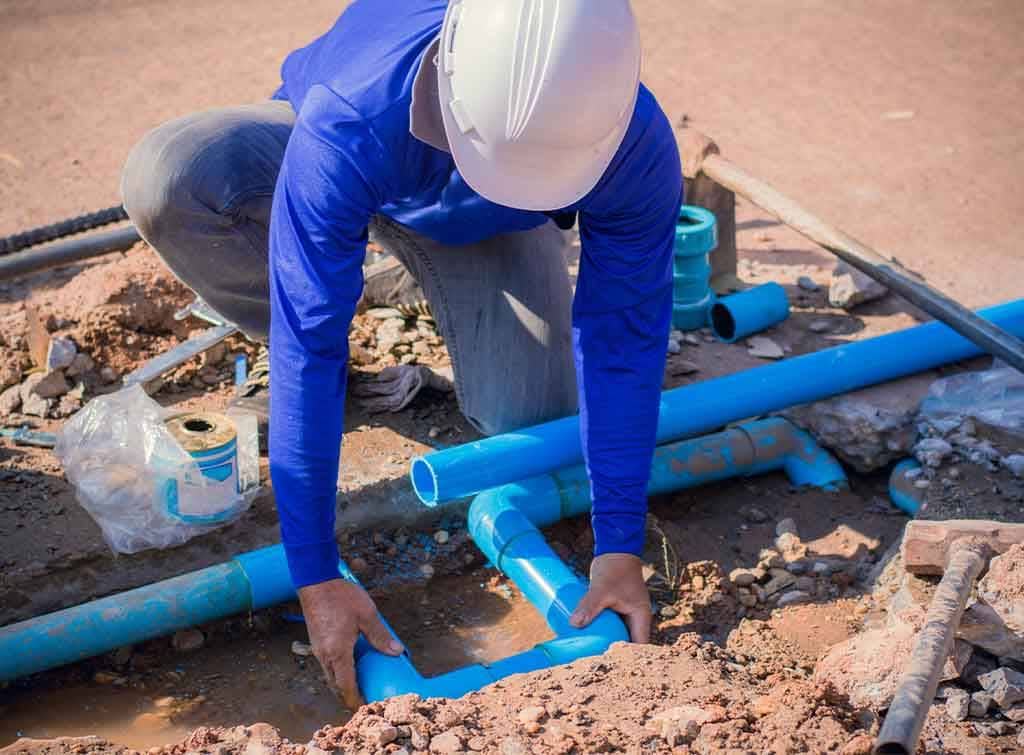Crafting your sanctuary involves more than just choosing the right furniture and decor. It is about creating a space that feels comfortable, welcoming, and conducive to your well-being. One crucial aspect of this equation is ensuring that your indoor environment remains at optimal temperatures throughout the year. This is where proficient HVAC Heating, Ventilation, and Air Conditioning services come into play, helping you elevate your space to new levels of comfort and efficiency.
Enhancing Comfort
The first and most apparent benefit of proficient HVAC services is the enhancement of comfort in your living or working space. Whether it is scorching summer heat or freezing winter cold, a well-maintained HVAC system ensures that your indoor environment remains at a comfortable temperature, allowing you to relax, focus, and thrive without the discomfort of extreme weather conditions.
Energy Efficiency
Proficient and affordable hvac services in san antonio also contribute significantly to energy efficiency, which is not only environmentally friendly but also cost-effective in the long run. Modern HVAC systems are designed to maximize energy efficiency, reducing your carbon footprint while keeping your utility bills in check. Regular maintenance and upgrades can further improve the efficiency of your HVAC system, ensuring optimal performance year-round.

Improved Air Quality
Another key aspect of HVAC services is ventilation, which plays a crucial role in maintaining good indoor air quality. A properly ventilated space helps remove pollutants, allergens, and odors, creating a healthier environment for you and your family. HVAC professionals can install and maintain ventilation systems that ensure fresh, clean air circulates throughout your space, promoting better respiratory health and overall well-being.
Extended Lifespan of Equipment
Investing in proficient HVAC services is not just about immediate comfort and efficiency it is also about protecting your HVAC equipment for the long term. Regular maintenance, timely repairs, and upgrades as needed can extend the lifespan of your HVAC system, saving you from costly replacements down the line. Well-maintained equipment operates more smoothly, experiences fewer breakdowns, and retains its efficiency over time.
Customized Solutions
Every space is unique, and proficient HVAC services offer customized solutions tailored to your specific needs and preferences. Whether you are looking to upgrade to a smart thermostat for enhanced control and energy savings, install zoning systems to customize temperatures in different areas of your home or office, or explore eco-friendly options like solar-powered HVAC systems, HVAC professionals can help you find the right solutions for your sanctuary.
Peace of Mind
Finally, proficient HVAC services provide peace of mind, knowing that your indoor environment is taken care of by experts. From routine maintenance checks to emergency repairs, HVAC professionals ensure that your system operates optimally, allowing you to focus on enjoying your space without worrying about temperature fluctuations, air quality issues, or equipment malfunctions.
Proficient HVAC services play a crucial role in crafting your sanctuary and elevating your space to new heights of comfort, efficiency, and well-being. By investing in regular maintenance, upgrades, and customized solutions, you can create an indoor environment that not only meets but exceeds your expectations, turning your space into a true haven of comfort and tranquility.


